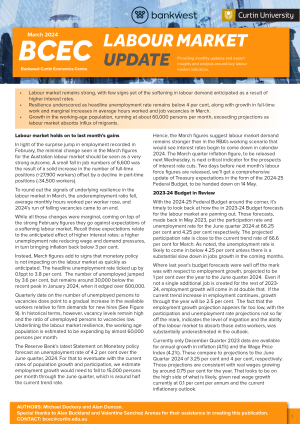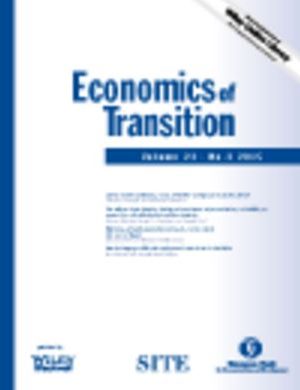Russian language skills and employment in the Former Soviet Union
During the Soviet era, proficiency in the Russian language was often a ticket to attractive employment opportunities in the member republics. Does it still contribute to securing employment in the former Soviet republics after two decades of transition? Using data from Armenia, Azerbaijan and Georgia in the years 2008–2010, this paper demonstrates that Russian language skills remain economically valuable. The baseline estimates suggest that Russian language skills increase probability of employment by about 6 (males) and 9 (females) percentage points. Our results bear important implications for the ongoing debates on language policies in the post-Soviet countries.




